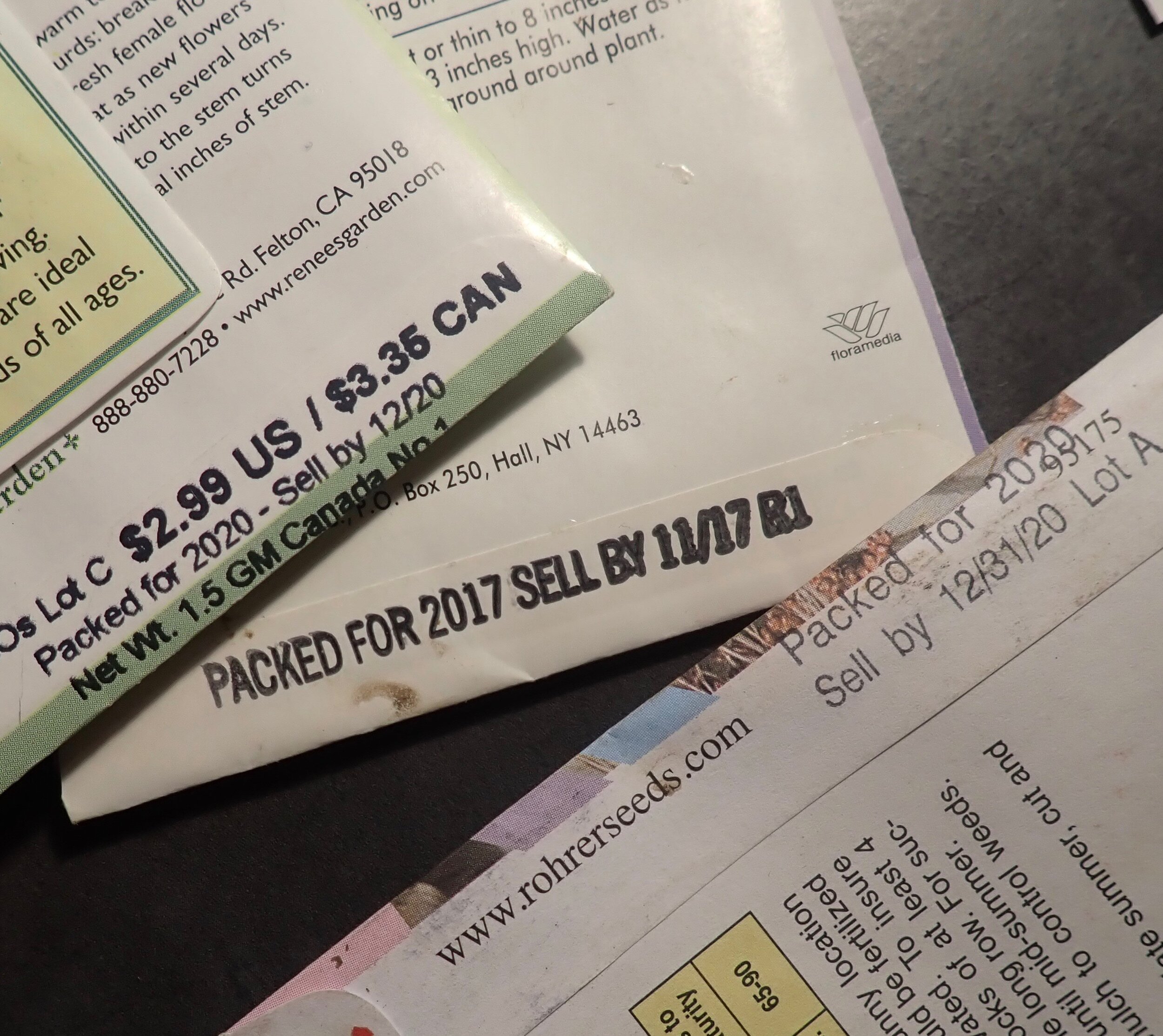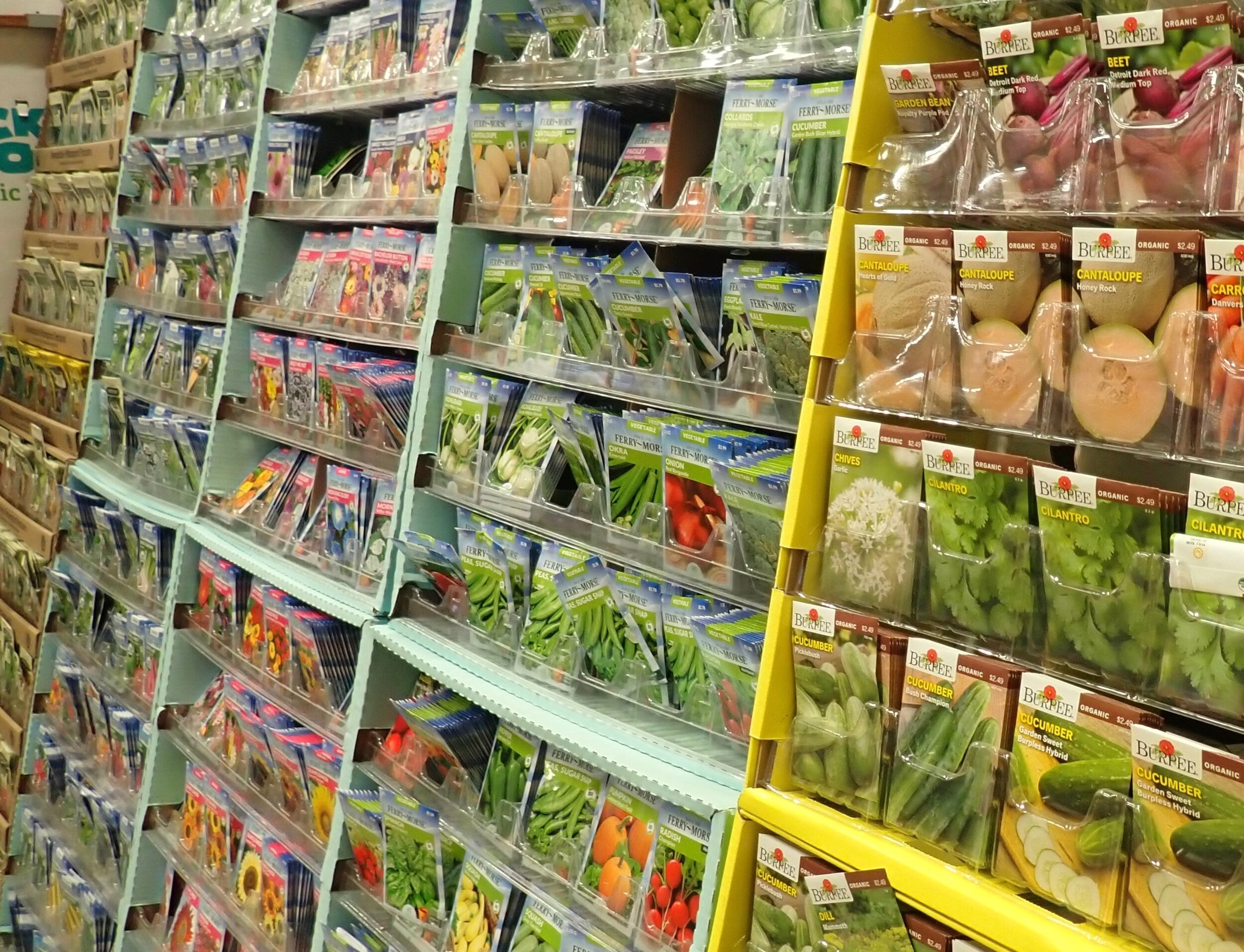Spring 2021 Press Release
What is Quality Seed & How Can You Ensure That You’re Buying it?
The Basics: From a breeder’s standpoint, quality seed is determined by germination rate, vigor, “trueness to type,” purity, and above all, freshness.
Germination potential is highest when the seed reaches physiological maturity. But for practical reasons, seed harvesting must wait until the moisture content decreases slightly. Seed that is harvested at the proper moisture content strikes the balance between maximum germination and safe storage.
A germination test measures the number of normal seedlings produced by a sample of seed under optimal conditions. Seeds offered for sale must meet minimum germination standards. These standards differ, depending on the vegetable type, but most are between 60 and 80%. Some seed companies post the germination percentage of the seed lot on their packets.
Seed Vigor means that the seeds can withstand less than optimal conditions and still germinate. Tests for vigor, though not required, go beyond the germination tests and help predict seed performance under varying practical conditions. One such test calculates the germination percentage under simulated cold, wet field conditions.
Trueness to type is determined when producers or certification agencies do field inspections to verify the identity of the seed and check for the presence of weeds or other unwanted plants. Inspectors also ensure that off-types, plants that differ in some way from the desired cultivar, are not present.
Seed Purity means that the seed packet contains only the stated variety, and no weed seeds, other crop seeds, or inert matter.
How to Distinguish Quality Seed
Examine the Packet
Information on seed packets often includes the following:
Variety name
“Packed for” and/or “Sell by” dates
Number of seeds contained in the packet
Days to germination
Days to maturity
Plant description
Planting information, such as starting time, seed depth, and spacing
Optimal growing conditions: soil, temperature, sun or shade
Know Your Seed Seller
Talk with other gardeners about who they buy from. If you are not familiar with a seed company, check its website, and look for customer reviews.
Reputable seed companies offer good customer service and provide detailed information about the seeds they sell. They stand behind their products.
A reputable seed company has a vested interest in helping you succeed. They want to help make you a lifetime gardener and customer!
Some seed companies maintain their own trial gardens in order to gain personal knowledge of the varieties they sell.
Check The Freshness
Last year’s seed is no bargain! Some seeds— onions and leeks are two examples—lose viability quickly. Others may retain their viability for some time, but only if they are stored properly.






